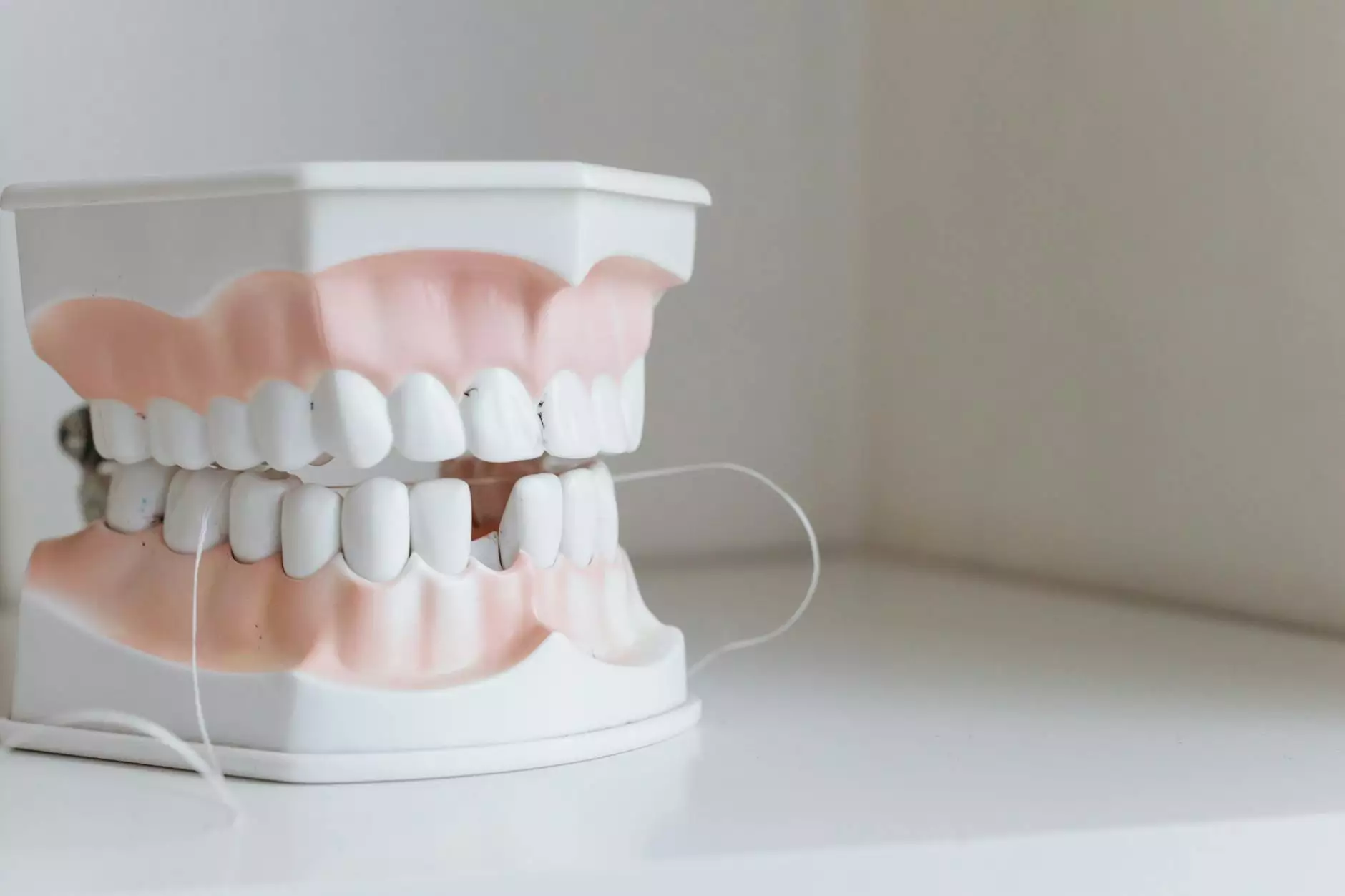The Essential Guide to Nootropics Prescription

Nootropics, often referred to as "smart drugs" or cognitive enhancers, are substances that have gained considerable popularity in both pharmacy and alternative medicine. As customers increasingly seek ways to enhance their cognitive abilities, the demand for nootropics prescription has risen sharply. This comprehensive guide aims to delve into the various aspects of nootropics, their benefits, types, and best practices for safe use.
What Are Nootropics?
Nootropics are compounds that can improve cognitive function, particularly executive functions, memory, creativity, or motivation, in healthy individuals. They can be classified into various categories, including natural nootropics derived from plants and synthetic compounds that are produced in laboratories.
The Rise of Nootropics Prescription in Pharmacy
In recent years, there has been a noticeable shift towards the use of nootropics prescription in traditional pharmacy settings. This is largely due to:
- Increased Awareness: As more people become aware of cognitive enhancement, they seek potent ways to improve their mental capabilities.
- Scientific Research: Extensive research has shown the potential of certain nootropics to enhance brain function.
- Accessibility: With prescriptions, patients can obtain high-quality and regulated products.
Types of Nootropics
Nootropics can be categorized in various ways, including:
1. Natural Nootropics
Natural nootropics are herbal or plant-based substances that are believed to enhance cognition. Some well-known examples include:
- Ginkgo Biloba: Often used to improve memory and cognitive speed.
- Rhodiola Rosea: Known for its anti-fatigue properties and potential to boost focus.
- Bacopa Monnieri: Traditionally used in Ayurvedic medicine to enhance memory and learning.
2. Synthetic Nootropics
Synthetic nootropics are chemically engineered drugs designed to enhance cognitive performance. Examples include:
- Modafinil: Commonly prescribed for narcolepsy, it is also noted for its cognitive enhancing effects.
- Racetams: A family of nootropics that reputedly enhance cognitive function, including Piracetam and Aniracetam.
- Adderall: Typically prescribed for ADHD, it can enhance focus and concentration.
Benefits of Nootropics
The potential benefits of nootropics are vast. Many individuals seeking nootropics prescription are driven by a desire to:
- Improve Memory: Nootropics have shown the ability to enhance various types of memory including short-term and working memory.
- Enhance Focus: Many individuals report increased levels of concentration and improved task performance.
- Boost Creativity: Certain nootropics seem to promote creative thinking and problem-solving skills.
- Increase Energy: Some cognitive enhancers also provide a boost in physical energy levels.
The Science Behind Nootropics
Understanding the mechanisms through which nootropics exert their effects is crucial. Most nootropics work by:
- Modifying Neurotransmitter Levels: Many nootropics can increase neurotransmitters such as dopamine and acetylcholine, which are pivotal for learning and memory.
- Enhancing Blood Flow: Improved blood circulation can enhance oxygen delivery to the brain, thereby improving mental performance.
- Neuroprotection: Some compounds may protect the brain from oxidative stress, thus promoting longevity and health of neural cells.
Potential Risks and Side Effects
While the benefits of nootropics are appealing, it is essential to consider their potential risks and side effects. Some common concerns include:
- Dependency: Certain synthetic nootropics can lead to psychological dependency.
- Side Effects: Different nootropics can cause adverse reactions including anxiety, insomnia, and headaches.
- Interaction with Other Medications: It is crucial to consider how nootropics may interact with other medications, requiring professional guidance.
How to Safely Use Nootropics
If you are considering using nootropics, here are some guidelines to ensure safe usage:
- Consult a Healthcare Professional: Before starting any nootropic, it’s advisable to consult with a qualified healthcare provider who can guide you based on your individual health needs.
- Start Slow: Begin by experimenting with lower doses to gauge your body's reaction.
- Monitor Your Progress: Keep a journal to track your cognitive enhancement and any side effects you may experience.
- Combine with Healthy Habits: Nootropics work best in conjunction with a healthy lifestyle that includes a balanced diet, regular exercise, and sufficient sleep.
The Future of Nootropics in Medicine
The exploration of nootropics is still in its infancy, but the future looks promising. As research progresses, new formulations and blends optimized for specific cognitive functions may emerge. The ongoing conversation about the ethical implications of cognitive enhancement will also shape how nootropics are viewed in the healthcare landscape.
Conclusion
The world of nootropics is expanding rapidly, and as the demand for nootropics prescription grows, more individuals are looking for ways to enhance their cognitive capabilities safely and effectively. Understanding the wide variety of nootropic options available, their benefits, potential risks, and the importance of medical guidance is crucial for anyone considering this path. In a world where cognitive function can significantly impact personal and professional success, nootropics offer an intriguing opportunity to boost mental performance, provided they are approached with caution and knowledge.
Explore Nootropics with Confidence at Best Online Chemical
If you are interested in exploring nootropics prescription, visit Best Online Chemical. Our pharmacy offers a wide range of trusted and effective nootropic products. Ensure you consult with our knowledgeable pharmacists for personalized advice tailored to your cognitive health needs.









